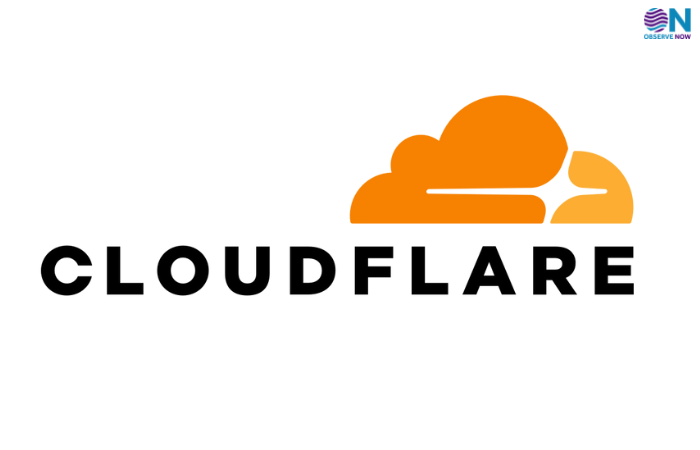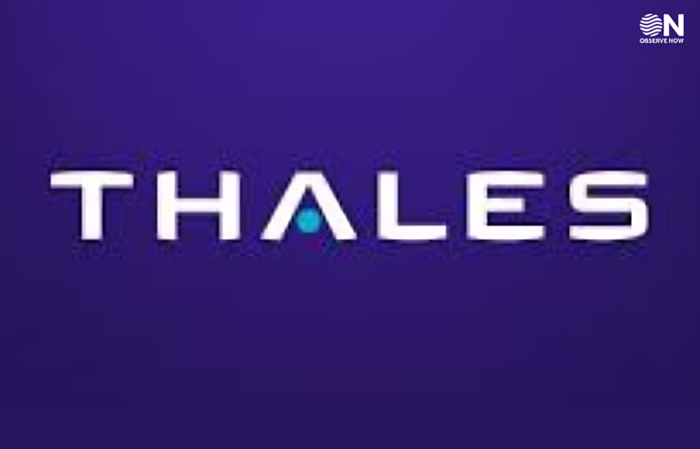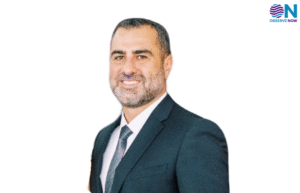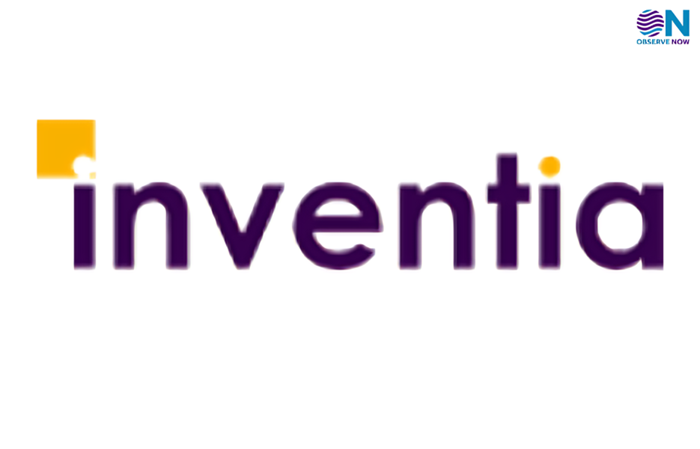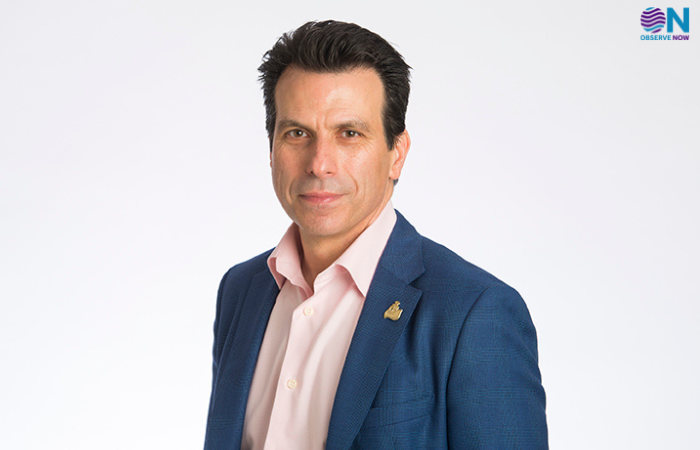In an industry often driven by trends and rapid turnarounds, Apoorv Sen, COO of Iconic Fashion India, is building something far more enduring: a fashion brand rooted in intelligent design, ethical data use, and hyper-personalized customer journeys. As the retail landscape shifts toward AI-powered discovery and omnichannel expectations, Iconic Fashion India is leaning into the future—with a startup’s agility and a legacy brand’s vision.
In this exclusive interaction with ObserveNow, Sen opens up about the company’s evolving use of GenAI, its privacy-by-design philosophy, and how strategic data insights are driving everything from personalized product drops to smarter store expansion. His core belief is simple but radical: good fashion should feel personal—and privacy-first.
Here is how the conversation went:
1 As a startup, how do you continuously redefine customer experience to anticipate evolving user expectations and maintain a leading position in a rapidly changing digital landscape?
At Iconic Fashion, we believe customer experience is a living, evolving journey. To stay ahead, we actively listen to our audience—through data, feedback, and cultural trends—so we can anticipate needs before they arise. Being a startup gives us the agility to experiment quickly. Whether it’s through AI-driven personalization, curated drops, or seamless omnichannel experiences, we’re constantly adapting to deliver more than just fashion—we deliver relevance. Our goal is to create a journey that feels personal, intuitive, and ahead of its time.
- What role does data privacy play in Iconic Fashion India’s product development cycle? How do you position consumer-centric data privacy in your organisation?
Data privacy is fundamental to how we build and evolve at Iconic. Every product and digital touchpoint is designed with a consumer-first mindset, and that includes how we collect, use, and protect data. We treat data not just as an asset but as a responsibility. From the start of our development cycle, privacy safeguards are built in—not added later. Transparency, consent, and control are non-negotiables. Our goal is to offer personalization without intrusion—ensuring that trust is never compromised in the name of convenience. Being customer-centric isn’t just about experience—it’s also about ethics. And for us, that starts with privacy.
- How are you strategically leveraging data across all touchpoints to not only personalize user experiences but also to inform product development and market expansion initiatives?
At Iconic, data is more than a performance metric—it’s a strategic driver. We leverage it across every touchpoint to create hyper-personalized experiences, from tailored product recommendations to dynamic content that reflects individual style preferences. But it doesn’t stop at personalization. Data also fuels our product development and market expansion. We also use a unified CRM to bridge both worlds, allowing us to serve a customer who browses online and shops in-store—or vice versa—with continuity and relevance. This integrated insight powers everything from product development to our store expansion roadmap.
Also, we analyse buying behaviour, regional trends, and feedback loops to identify what’s resonating, what’s missing, and where demand is headed. This helps us make smarter inventory decisions, design collections with intent, and enter new markets with confidence.
- As your user base scales nationally, what unique challenges have you encountered in ensuring equitable access and performance across diverse geographical regions and internet infrastructures?
Scaling nationally brings incredible reach, but it also comes with the responsibility to serve a diverse audience seamlessly. One key challenge has been ensuring consistent performance across varying internet infrastructures, especially in Tier 2 and Tier 3 cities. Logistics is another layer—we’ve strengthened our supply chain and partnered with reliable last-mile delivery networks to ensure timely fulfilment across geographies. For us, scale means everyone gets the same high-quality Iconic experience—no matter where they are.
- Are you currently running GenAI or LLM workloads internally? If yes, through what platforms?
Yes, we’ve begun integrating GenAI and LLM capabilities into select functions across the organization. Currently, we’re leveraging AI models for dynamic product descriptions, chatbot support (Tech monk & Bite speed), and personalized email marketing. Internally, we use LLMs via Google Cloud for demand forecasting, regional style mapping, and customer feedback analysis. These tools help us move faster—from generating dynamic product descriptions to analysing fashion sentiment across social platforms. While still in early stages, the goal is to scale GenAI in ways that enhance creativity, efficiency, and responsiveness without losing the human touch that defines our brand.
Sen believes, leading a fashion-tech brand isn’t about being the flashiest—it’s about being the most intentional. Whether it’s integrating multilingual chatbot support for deeper regional access or deploying LLMs to forecast demand more sustainably, Iconic Fashion India is building for longevity, not just virality.
As GenAI matures and consumer expectations shift, Sen’s leadership reflects a rare blend of tech-forward thinking and human-first values. In a market where many brands race to adopt what’s new, Iconic Fashion India is focused on what’s next—and doing it in a way that feels just as personal as it is powerful.






